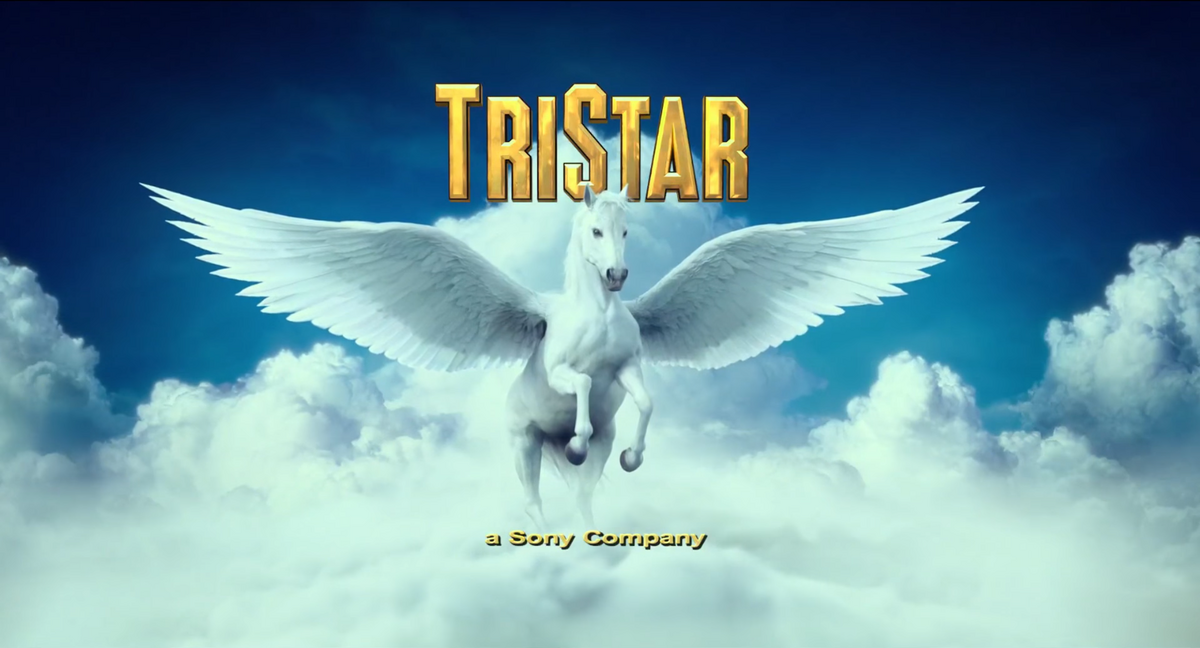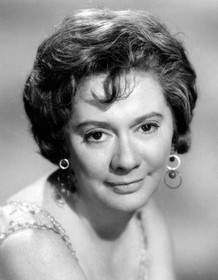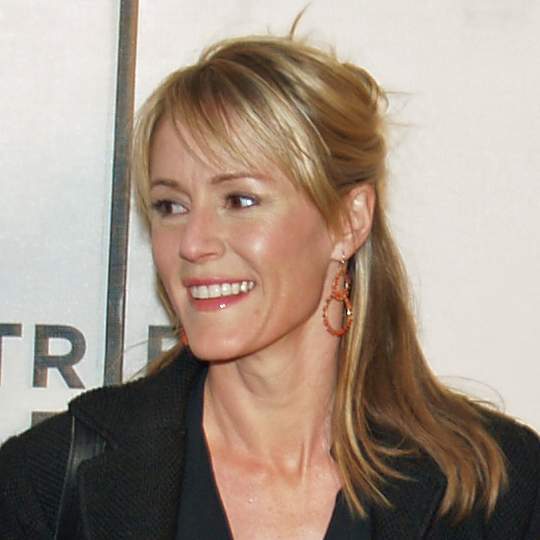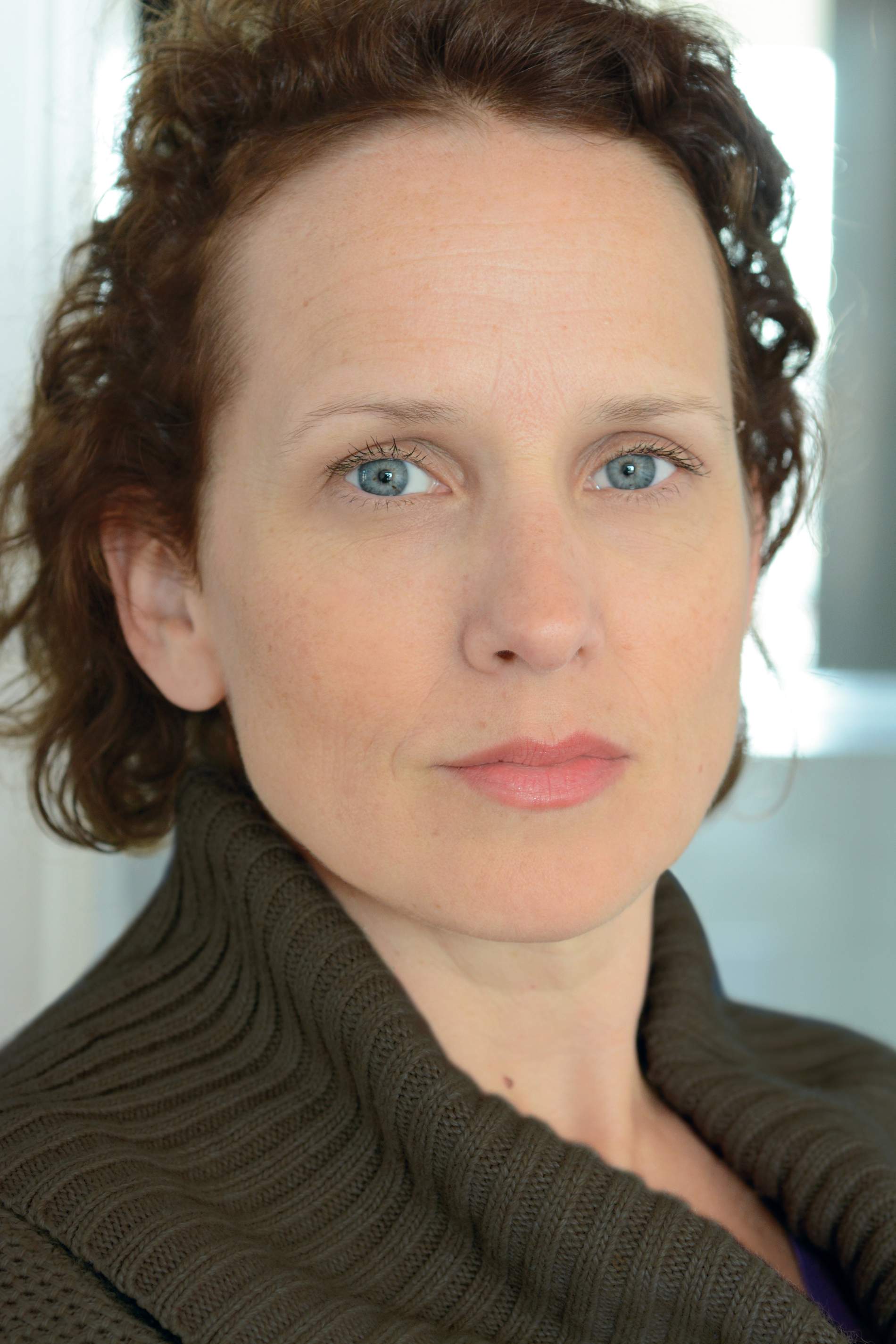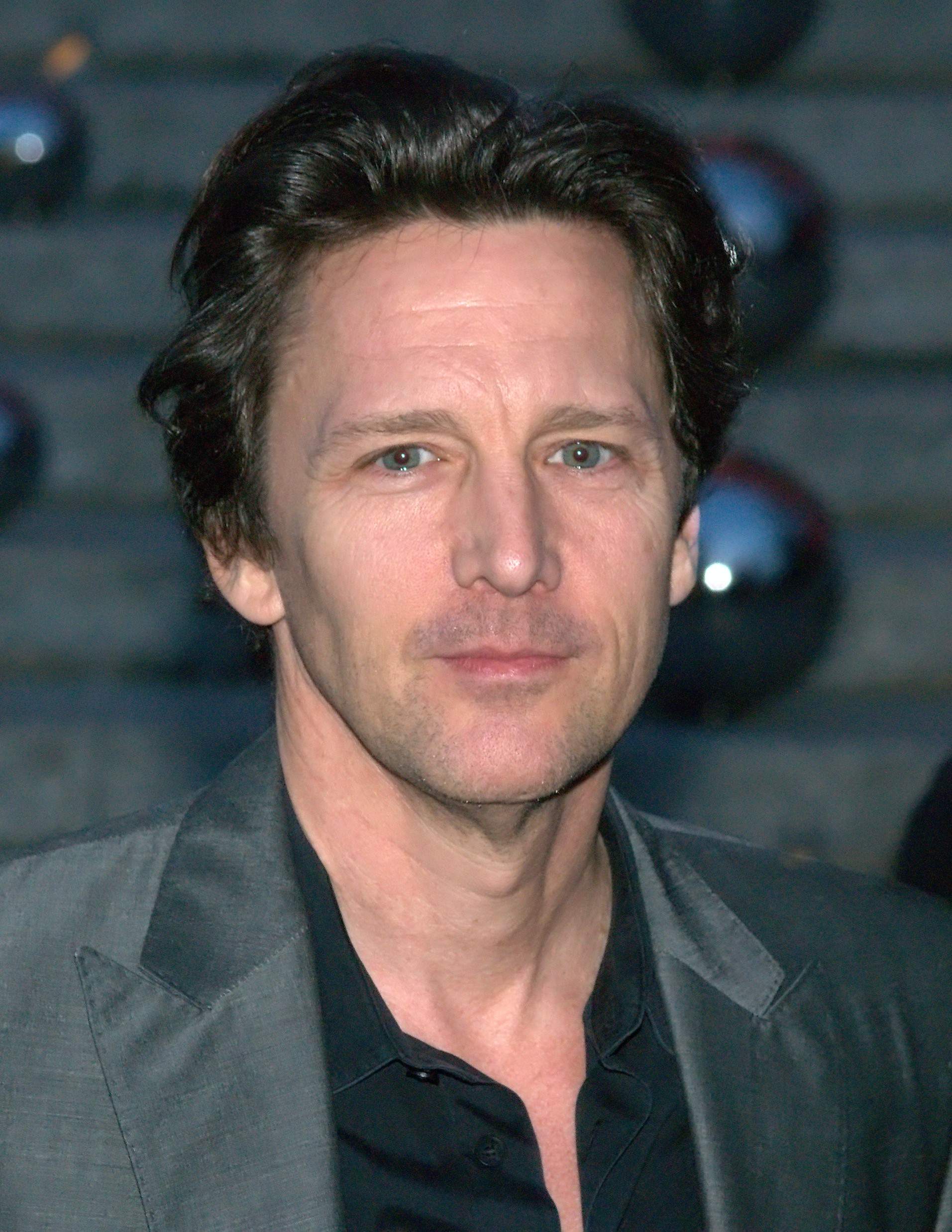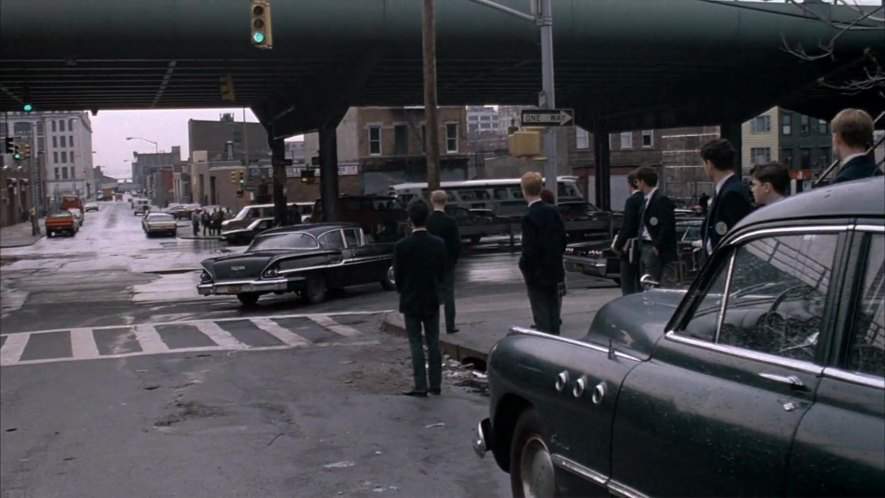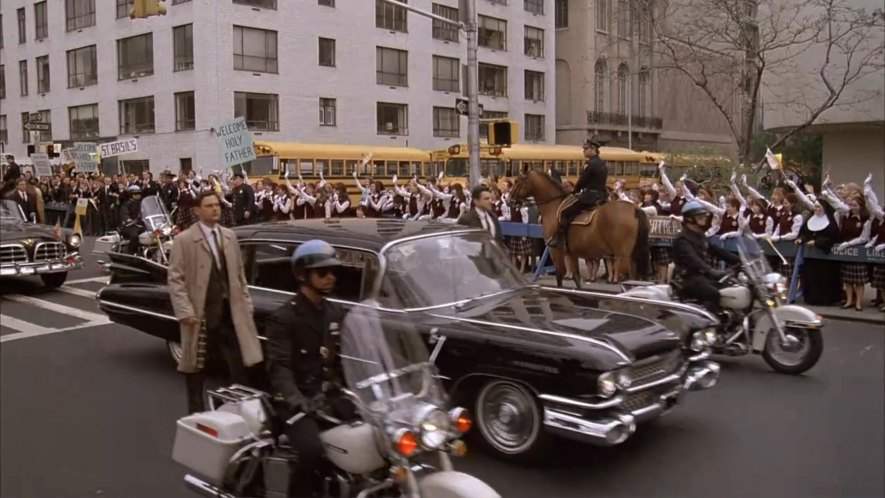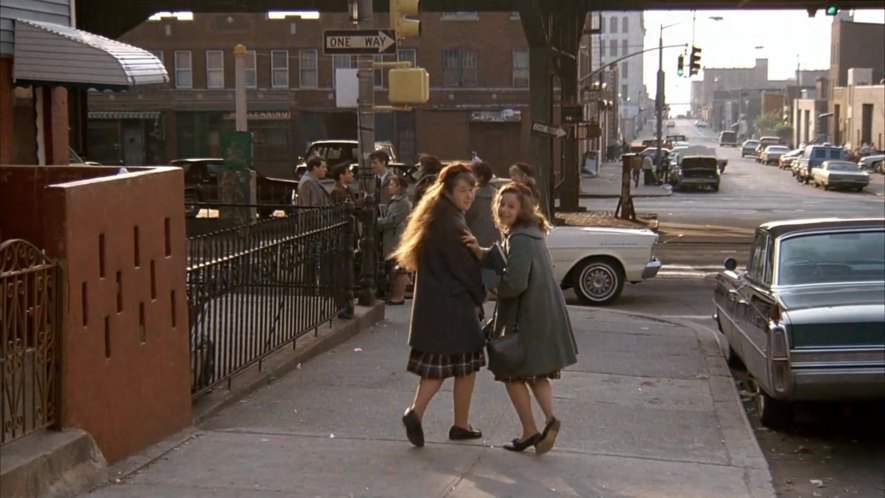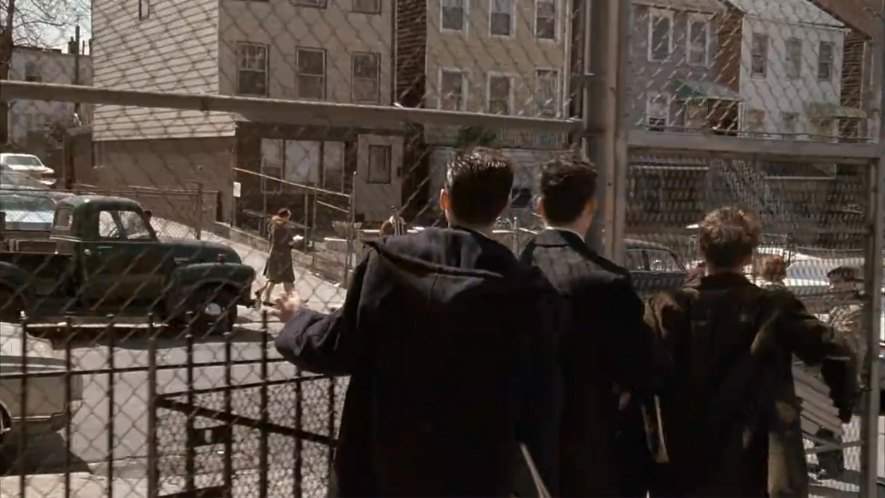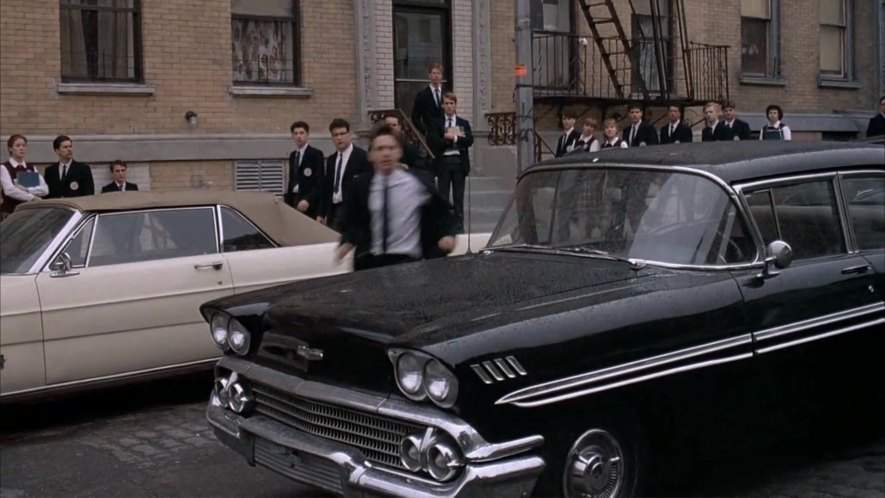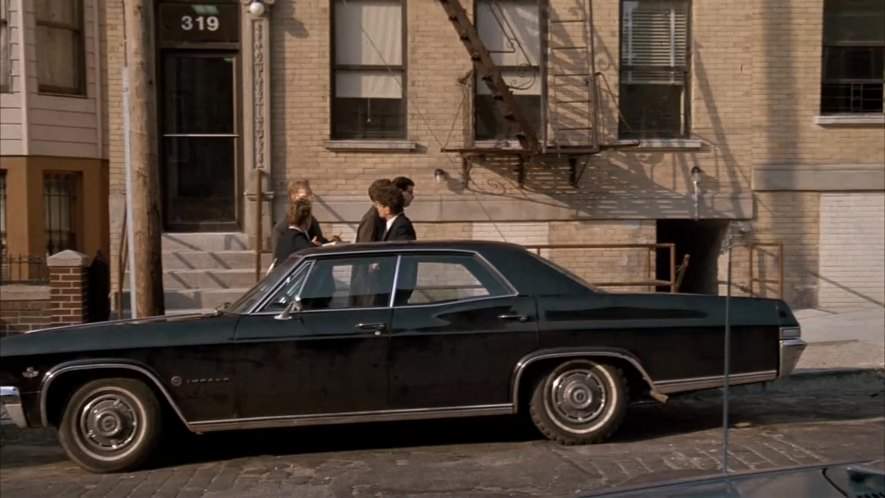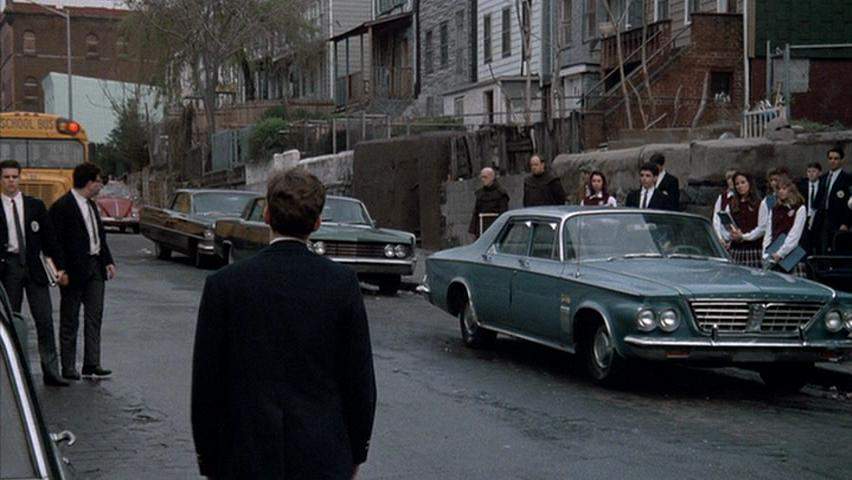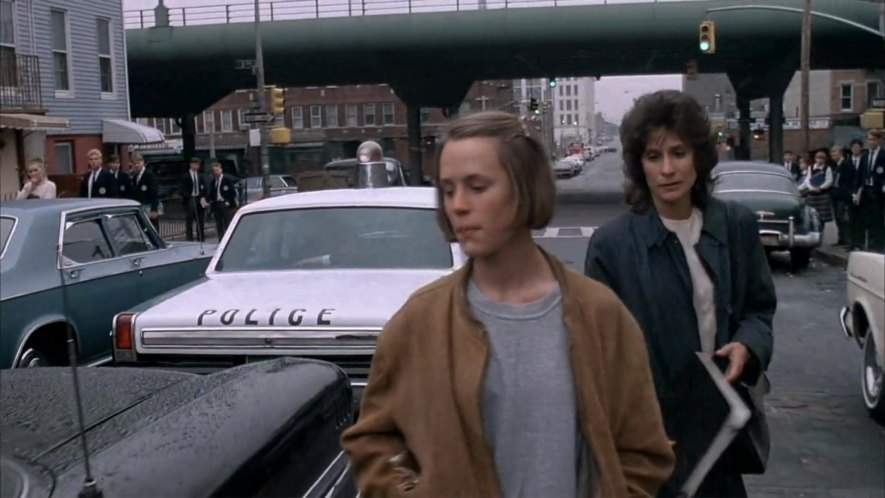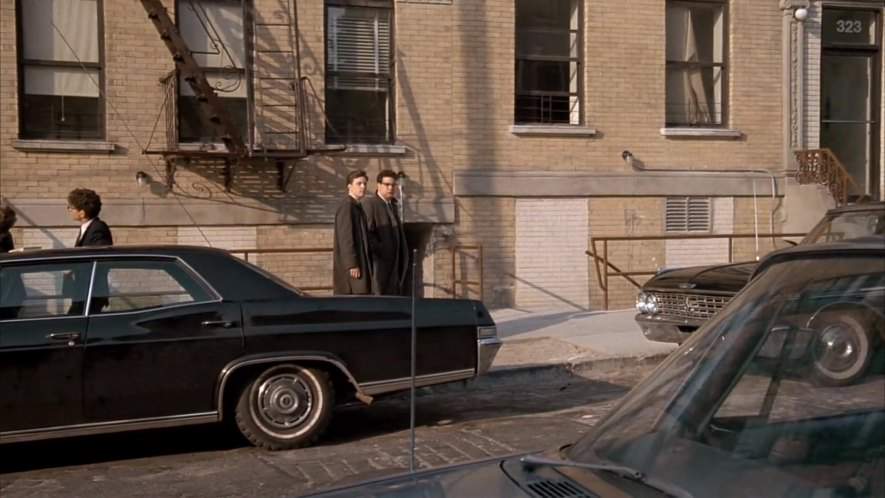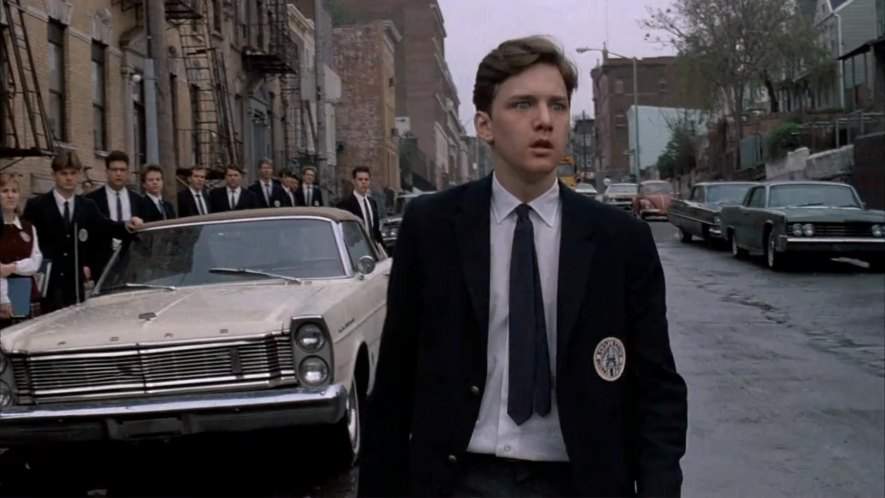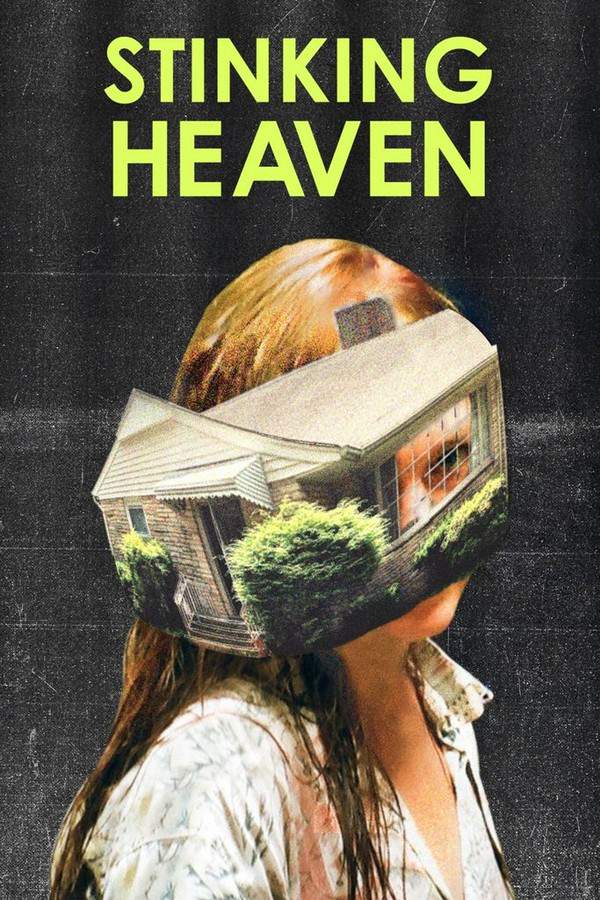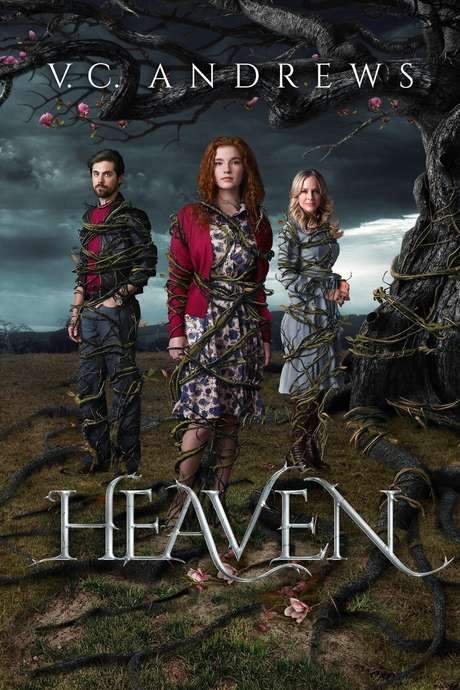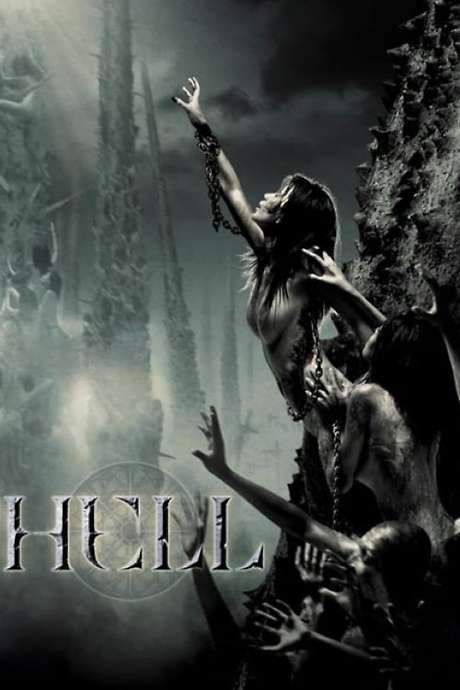Heaven Help Us 1985
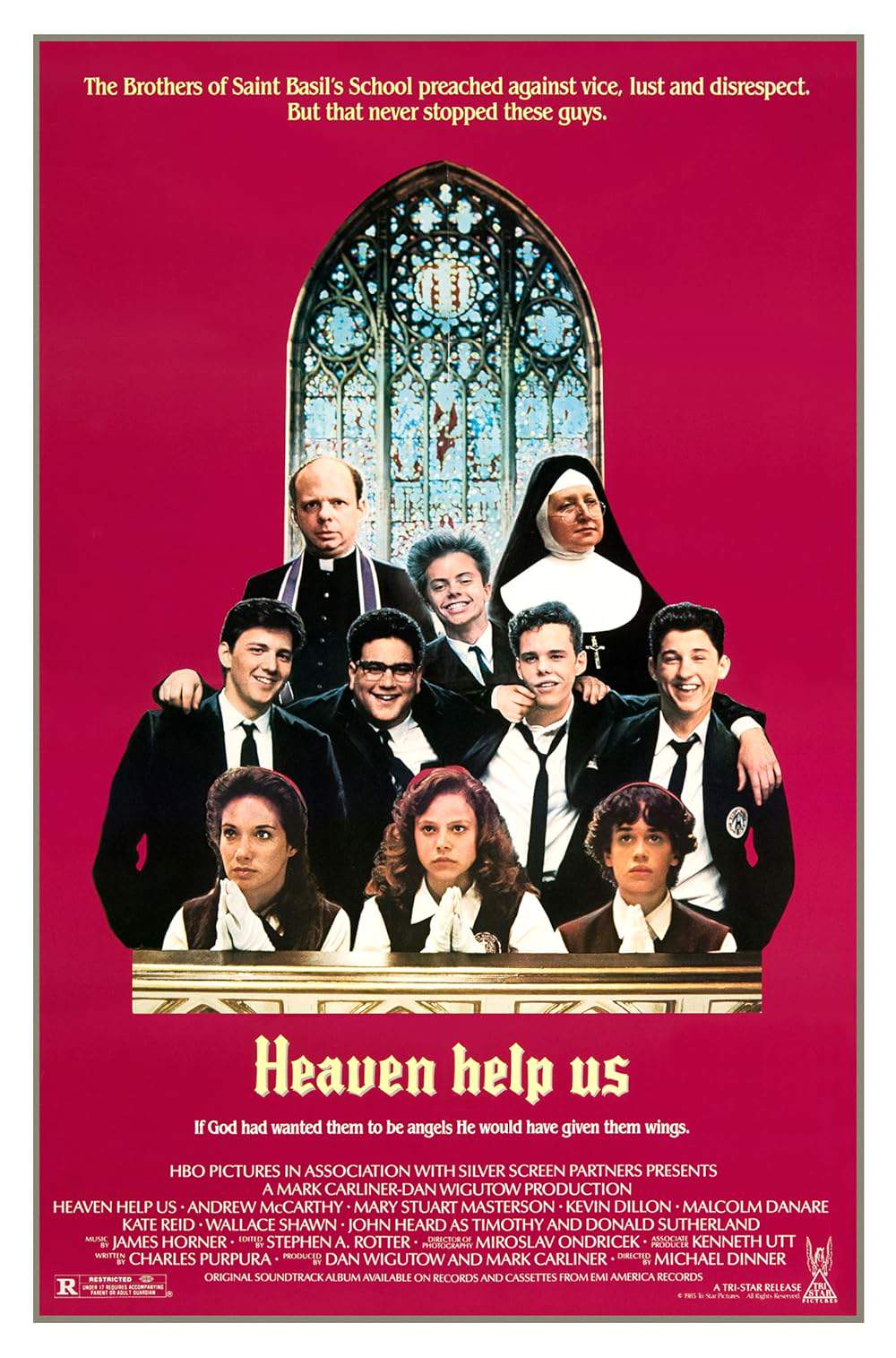
Four generations of an eccentric family gather at their historic home, stirring up old conflicts and unexpected connections. As secrets from the past resurface, they must navigate complicated relationships, confront buried truths, and ultimately rediscover the bonds of love, loyalty, and shared history that tie them together.
Does Heaven Help Us have end credit scenes?
No!
Heaven Help Us does not have end credit scenes. You can leave when the credits roll.
Meet the Full Cast and Actors of Heaven Help Us
Explore the complete cast of Heaven Help Us, including both lead and supporting actors. Learn who plays each character, discover their past roles and achievements, and find out what makes this ensemble cast stand out in the world of film and television.
External Links and Streaming Options
Discover where to watch Heaven Help Us online, including streaming platforms, rental options, and official sources. Compare reviews, ratings, and in-depth movie information across sites like IMDb, TMDb, Wikipedia or Rotten Tomatoes.
Ratings and Reviews for Heaven Help Us
See how Heaven Help Us is rated across major platforms like IMDb, Metacritic, and TMDb. Compare audience scores and critic reviews to understand where Heaven Help Us stands among top-rated movies in its genre.

64
Metascore
tbd
User Score

6.9 /10
IMDb Rating

65
%
User Score
Take the Ultimate Heaven Help Us Movie Quiz
Challenge your knowledge of Heaven Help Us with this fun and interactive movie quiz. Test yourself on key plot points, iconic characters, hidden details, and memorable moments to see how well you really know the film.
Heaven Help Us Quiz: Test your knowledge about the coming-of-age film set in a Brooklyn Catholic school during the 1960s.
What year does 'Heaven Help Us' take place?
1965
1970
1980
1960
Show hint
Full Plot Summary and Ending Explained for Heaven Help Us
Read the complete plot summary of Heaven Help Us, including all major events, twists, and the full ending explained in detail. Explore key characters, themes, hidden meanings, and everything you need to understand the story from beginning to end.
It is the spring of 1965 in a middle-class Brooklyn neighborhood, where the St. Basil’s Catholic School For Boys is in the midst of mass. The sanctity of the service is disrupted when a mischievous younger student plays with a clicker, causing chaos among the children who are standing and sitting at random. This act catches the attention of Brother William, who promptly takes the boy away.
Enter Michael Dunn, a timid and sensitive sixteen-year-old who has just transferred from Boston, leaving behind the tragedy of his parents’ untimely death. In his first interview, the compassionate yet firm Brother Thaddeus, the school’s headmaster, assesses Dunn. Overwhelmed by nerves, Dunn struggles to respond correctly and often forgets to address Brother Thaddeus properly, leaving the interview emotionally taxing for him.
In English class, led by the stern Brother Constance, students are given an assignment on the Holy Trinity. When Rooney, one of the boys, whispers during class, Brother Constance reacts harshly, punishing him for failing to complete his homework by slamming his head against the blackboard and forcing him to ingest the assignment paper. Caesar, Dunn’s intellectually ambitious classmate, quips, “Welcome to St. Basil’s,” illustrating the hostile environment created by Brother Constance’s iron grip on discipline.
Over lunch, Dunn bonds with Caesar, who dreams of studying psychiatry at Harvard. His goal is threatened by the tormenting Rooney, who constantly ridicules Caesar. Meanwhile, Dunn navigates life at home with his strong-willed grandmother who has lofty ambitions for him to become a priest—a legacy to fulfill his late parents’ wishes.
As the boys face their daily challenges, Dunn, along with Rooney’s gang, encounters Danni, a bold girl from the local soda fountain. Danni is not only wise but also problem-solving, intervening during one of Rooney’s antics to protect Dunn. While exploring the pressures of adolescence, the boys experience a heated mix of camaraderie, rivalry, and the burdens of expectations enforced by educators.
A pivotal moment arises during confession when Rooney, in a crafty move, manipulates his classmates’ secrets for his advantage. Dunn struggles with his own feelings, leading to discussions about sexual exploration and friendships. Their reactions to a school dance offer insights into fear and desire as Brother Timothy supervises the boys, offering a more human touch compared to the rigid Brother Constance.
Tragedy strikes when Dunn and Danni, who have developed a tender bond during outings, face her impending expulsion from the soda fountain under the brothers’ strict rule. The group of boys tries to navigate their friendships amid obstacles, leading to recklessness, like breaking into the school courtyard, a rebellious act that soon lands them in Brother Thaddeus’s office.
As the tension escalates in the gymnasium, a fierce confrontation ensues with Brother Constance. Dunn stands up for his friends, leading to a significant turning point in the boys’ lives. Ultimately, the fallout results in a shifting of power within the school’s hierarchy as Brother Thaddeus begins to see through Constance’s draconian methods.
“Your miserable lives will become even more miserable than you can imagine!”
In the end, the boys reflect on their tumultuous years at St. Basil’s, revealing their divergent paths post-graduation. Caesar’s pursuit of psychiatry, Rooney’s struggles with identity, and Dunn’s chance encounter with Danni at Woodstock paint a picture of youthful rebellion blossoming into varied futures, underlining the bittersweet nature of growth experienced amid strict confessional walls and societal expectations. A poignant testament to the challenges of adolescence and the complexities of friendship, their narratives unfold like the notes of a familiar song—one that’s both haunting and heartwarming.
Uncover the Details: Timeline, Characters, Themes, and Beyond!

Coming soon on iOS and Android
The Plot Explained Mobile App
From blockbusters to hidden gems — dive into movie stories anytime, anywhere. Save your favorites, discover plots faster, and never miss a twist again.
Sign up to be the first to know when we launch. Your email stays private — always.
Watch Trailers, Clips & Behind-the-Scenes for Heaven Help Us
Watch official trailers, exclusive clips, cast interviews, and behind-the-scenes footage from Heaven Help Us. Dive deeper into the making of the film, its standout moments, and key production insights.
Cars Featured in Heaven Help Us
Explore all cars featured in Heaven Help Us, including their makes, models, scenes they appear in, and their significance to the plot. A must-read for car enthusiasts and movie buffs alike.
Heaven Help Us Themes and Keywords
Discover the central themes, ideas, and keywords that define the movie’s story, tone, and message. Analyze the film’s deeper meanings, genre influences, and recurring concepts.
Heaven Help Us Other Names and Titles
Explore the various alternative titles, translations, and other names used for Heaven Help Us across different regions and languages. Understand how the film is marketed and recognized worldwide.
Similar Movies To Heaven Help Us You Should Know About
Browse a curated list of movies similar in genre, tone, characters, or story structure. Discover new titles like the one you're watching, perfect for fans of related plots, vibes, or cinematic styles.
Quick Links: Summary, Cast, Ratings, More

What's After the Movie?
Not sure whether to stay after the credits? Find out!
Explore Our Movie Platform
New Movie Releases (2025)
Famous Movie Actors
Top Film Production Studios
Movie Plot Summaries & Endings
Major Movie Awards & Winners
Best Concert Films & Music Documentaries
Movie Collections and Curated Lists
© 2025 What's After the Movie. All rights reserved.


